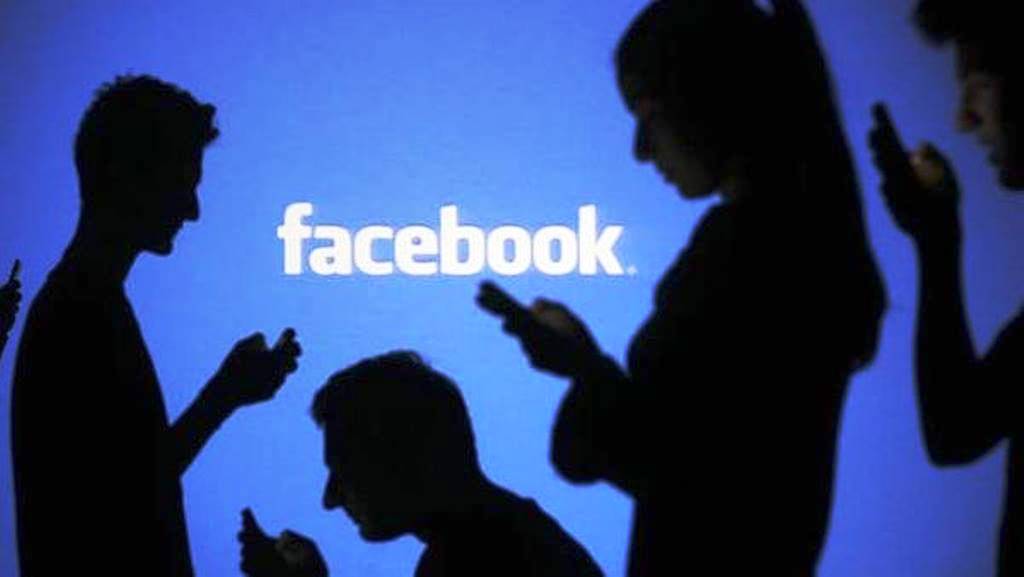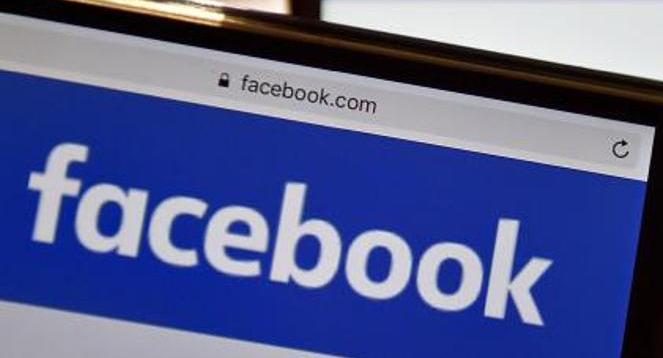The National Information Technology Development Agency (NITDA) has
unveiled five Information Technology (IT) guidelines and regulatory frameworks to ensure ease of doing business in the sector.
The Director General of the agency, Dr Isa Pantami, unveiled the guidelines at a public presentation in Abuja and urged the public, institutions, Ministries, Departments and Agencies (MDAs) to adhere to the provisions of the guidelines.
Pantami said that the public presentation of the guidelines was necessary following the agency’s mandate to develop the IT sector and ensure promotion of locally made products.
The guidelines are: “Rulemaking Process of NITDA, Nigeria Data Protection Regulation, Guidelines for the Use of Social Media Platforms in Public Institutions, Guidelines for Clearance of Information Technology Projects by Public Institutions and Guidelines for Public Internet Access.
The NITDA boss said “as a country, it is good to produce what we need and consume what we produce to build our economy.
“This is the first time NITDA is rolling out Rulemaking Process to allow the public to know the steps for guidelines and regulatory framework.
“It will also allow engagement to help the public to understand all processes involved in the issuance of regulatory documents by the agency.
“NITDA from now will be generally bound by the Rulemaking Process as an integral part of the operations of the agency.”
Pantami said that the Nigeria Data Protection Regulation was in accordance with Section 6 of NITDA Act 2007.
He added that there had been circulars on Guidelines for Clearance of Information Technology Projects but the enforcement was the challenge.
“This guideline is for public institutions which include MDAs, federal institutions, Federal Government-owned companies
and it is to guide federal institutions in procuring IT goods and services.
“It will ensure that government money is not mismanaged in the execution of IT projects, harmonisation in the execution of projects and also ensure that institutions carrying out IT projects have the capacity,” he said.
The third guideline on Nigeria Data Protection Regulation, Pantami said, was to empower the agency to regulate, monitor
the use of electronic data interchange and other forms of electronic communications on governance, commerce, private and public sector.
“These guidelines will form the basis for which personal data of Nigerian citizens will be protected and managed.
“The Frameworks and Guidelines for Public Internet Access (PIA) provides guidelines for providers of public internet access
services to maintain appropriate systems and policies to protect Nigerians who use these services.
“Free Wi-Fi is commendable but there will be abuse if not regulated because of security reasons. We don’t want the security of
the nation to be compromised.”
On the Framework and Guidelines for the Use of Social Media Platforms in Public Institutions, he said it would ensure public
institutions had processes in the creation of social media accounts.
According to him, important information and records are lost when handlers of platforms are changed due to the absence of clear policies by federal institutions.
He said that such situation constituted risks to information management and public accountability, adding that the agency
would continue to monitor social media platforms of federal and public institutions for consistency.
The director general said that in 2019, NITDA focused on enforcement of guidelines and frameworks to ensure the country’s cyber space was not compromised.
He stressed that the IT sector cannot be effectively developed without relevant regulations and guidelines which create
uniformity, consistency and careful investment in the right technology systems.
Mr Lazarus Ikoti, the Chairman, Standards Review Committee in the agency, said that some of the guidelines had to undergo
review to suit the needed processes in IT regulation.
Mr Kasim Sodangi, the National Coordinator, Office for Nigeria Content Development in ICT (ONC) said that the guidelines
became operational upon the signing by the director general.
Sodangi added that the guidelines were full legal documents and its violation was punishable by law.
He further said that the agency was working with critical stakeholders, active enforcement team to facilitate compliance.
According to him, NITDA encourages self compliance before the agency can deploy enforcement which is the extreme measure.



